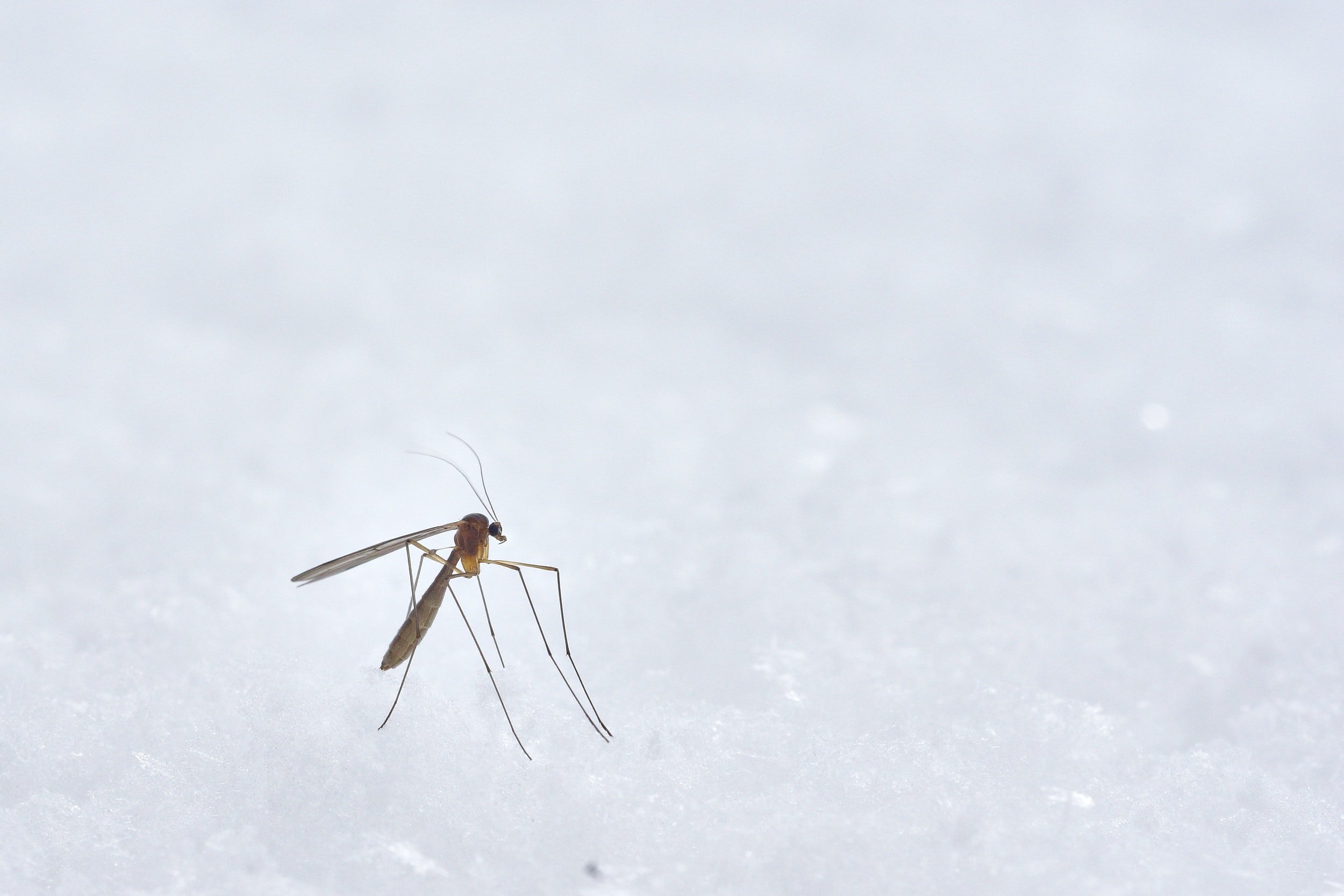
How to Keep Mosquitoes Away from Your Yard, According to an Expert
For the first few years of parenthood (not to mention the eight years of married life), we lived in Southern California, an area that is prone to occasional earthquakes and wildfires, but is largely devoid of mosquitoes. Now to be sure, a natural disaster is an unquantifiable matter of magnitude worse than a mosquito bite, but the former happens rarely, while, as we re-learned after moving back east, mosquito bites can come by the dozens in a single day.
And as anyone who lives in a mosquito prone area and who reacts severely to the bites of these pesky bugs, mosquitoes can totally ruin your day. Or, if you have a serious mosquito population around your home, they can ruin your whole summer – and part of your spring and fall, too.
Given that three of the four members of our family seem particularly attractive to mosquitoes (our son self-identifies as a “mosquito sandwich”) and react rather intensely when bitten, we have tried all sorts of mosquito traps and repellents, and with some success. But even with many of our chosen countermeasures in place, when we spent enough time hanging out in the backyard, the bites kept coming. So we decided to seek out some expert help.
The expert we turned to is Abigail Lehner, better known to her tens of thousands of TikTok fans as Entomology Abby. Abby, a BSc entomologist and PhD candidate, as well as being the official Murphy’s Naturals brand entomologist, is someone who knows a thing or 10 (or 10,000) about bugs. And good news for us (and you): she also knows a lot about keeping unwanted bugs away. Yes, mosquitoes, we mean you. We asked her all about these all-too familiar bloodsuckers during a recent Dad Gear Review Deep Dives Q&A.



What areas of the country and what times of year are the most prone to heavy mosquito populations?
“Mosquitoes are typically active in the U.S. from early spring to late fall with [the] warmer temperatures during these times. The Eastern and Southern parts of the U.S. are generally prone to heavy mosquito populations, but anywhere with water around is going to be more mosquito prone than dry areas.”
What types of mosquitoes are prevalent right now, and what dangers do they present?
“There are several mosquitoes that transmit diseases and are a growing problem in the U.S. Both native (i.e. Culex tarsalis and Anoheles freeborni) and non-native (i.e. Aedes aegypti) mosquitoes transmit diseases like malaria, dengue, Zika, chikungunya, and West Nile virus. The populations of many mosquito species have been on the rise in recent years due to warming temperatures increasing mosquito range and seasonality.”
What are some of the best steps people can take to make their properties less hospitable to mosquitoes?
“Removing standing water from around your property is one of the best ways to prevent mosquitoes. Some common garden plants like lavender, mint, citronella, basil, and bee balm may help repel mosquitoes as well.”
What are things some people do to deal with mosquitoes that are actually bad ideas?
Some people may opt to wear long sleeves or pants to help avoid mosquito bites; however,
mosquitoes can often bite through clothing or on small exposed areas of skin. Using a mosquito repellent is a better option.
What are some common misconceptions people have about these insects?
Many people believe that all mosquitoes are bad. However, only a handful of species transmit diseases, whereas there are hundreds of mosquito species that are harmless to humans and even beneficial pollinators.
What are some of the best natural products people can use to repel mosquitoes and how best to use them?
Murphy’s Naturals lemon eucalyptus oil spray, repelling candles, and repelling incense are all great products to repel mosquitoes. The candles and incense are perfect for sitting outside enjoying a picnic or sipping coffee on the porch. I recommend the lemon eucalyptus oil spray every time you go outside; it can be reapplied as needed.
For people facing heavier infestations, what are more aggressive ways to mitigate mosquito issues?
Permethrin treated clothing can be worn in areas with heavy mosquito infestations. Removing standing water will still help reduce mosquito populations, but in extreme cases, pest control may be able to treat your yard or house to repel mosquitoes. Some parts of the U.S. opt to use locally-regulated fogging machines to kill mosquitoes, which is quite an aggressive treatment technique.
What are the best ways to treat and soothe a mosquito bite?
Mosquito bites should be washed with soap and warm water. Then, use a product to reduce itching like a bite relief soothing balm. You should avoid scratching mosquito bites to prevent infection. A balm can be reapplied as needed to calm the burning, itchy sensation of the bites.
What are some interesting mosquito facts? Whether or not they gain us a bit of sympathy for these insects, fine either way…
Some plants are preferentially mosquito pollinated, like the blunt-leaf orchid. In fact, they’re very important pollinators in the arctic tundra. Mosquitoes are also a food source to many animals. While they can be an annoying pest and some species are rather dangerous, it is comforting to know that many mosquito species serve an important ecological purpose.



